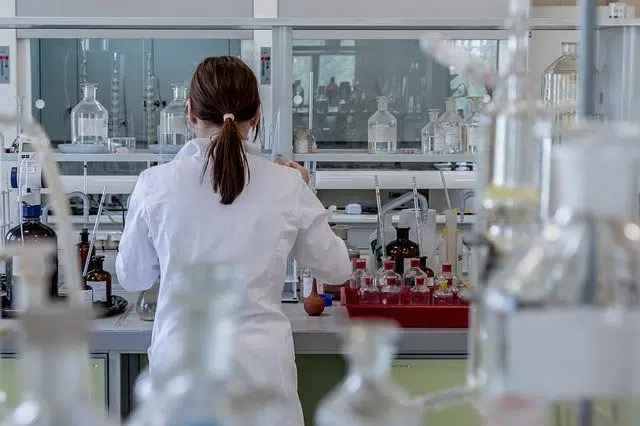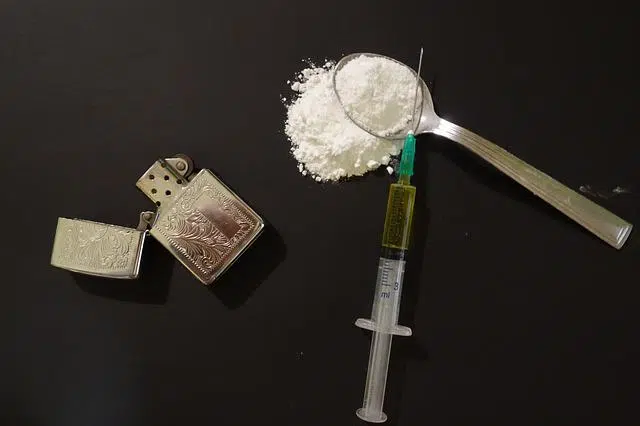
Experimentation is a scientific activity to reveal, demonstrate or explain certain principles or phenomena.
The idea of experimentation refers to the act of experimenting : scrutinizing, investigating or trying something. The term is usually used in the field of science with reference to an investigative method that is based on producing certain phenomena to study them .
Activity that pursues effects
Experimentation, therefore, is an activity carried out by scientists to reveal, demonstrate or explain certain principles or phenomena. These procedures are usually carried out in laboratories , controlling the variables to achieve the desired effect.
When experimenting, we work with independent variables (that affect what we intend to analyze) and with dependent variables (the properties under study). In general, the aim is to arrange the independent variables in such a way that the environment or environment necessary to verify the phenomenon is achieved.
For the conclusions to be close to the truth , experimentation requires repeating the tests many times . If the results are consistent, the conclusions are more likely to be true.
This is different from what happens when we generalize a statement simply because we have witnessed a phenomenon only once. Science is not based on opinion or intuition, but on ideas that can be tested , on truths that can be sustained through a series of reliable experiments of a repeatable and reproducible nature.
Animal testing
Experimentation with animals , for example, involves using these living beings in laboratory tests. Although these practices were common in ancient times, when they were considered essential to increase knowledge, they are currently questioned for ethical reasons. In fact, there are regulations and prohibitions that limit or prevent experimentation with animal species.
Despite the protests and the work of animal rights groups, animal exploitation continues , and the statistical numbers are shocking. It is estimated that almost 100 million vertebrate animals of different species undergo scientific experimentation each year. Speaking specifically of mice and rats , in 2001 it was estimated that in the United States the number of animals used for these purposes exceeded 80 million. Almost all individuals used in laboratories are euthanized after experiments, but others are rescued by organizations such as sanctuaries, to give them a second chance at living in the wild .
There is very ancient evidence of animal experimentation, which dates back to the 4th century BC. C., by the hand of figures such as the Greeks Erasistratus and Aristotle . While they are among the first scientists to have used animals for experiments, the Roman physician Galen introduced the concept of vivisection in the 2nd century, using goats and pigs in his laboratory. About a millennium later, the Andalusian Ibn Zuhr pioneered the application of surgical methods in animals before their approval for human patients.

Experimentation with drugs can cause consequences of varying severity.
Drug experimentation
Experimentation with drugs , meanwhile, refers to the fact of consuming narcotics to experience their effects. Although there are those who experiment out of curiosity or with recreational intent, in some cases the action can be lethal or become the first step towards an addiction .
For decades, numerous organizations from various fields have been fighting to raise society's awareness about the consequences of drugs. But this issue is too controversial to be resolved, because there are at least two opposing sides that do not seem willing to give in in the short term. While in some parts of the world there is a certain degree of regulation that allows experimentation with drugs legally, this is usually a crime in most countries, as is its trafficking and sale.
